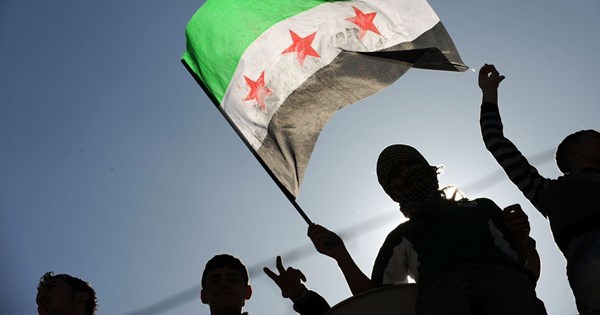Syria halts imports from Russia, Iran, and Israel
Syria's Finance Ministry has banned the import of goods originating from Russia, Iran, and Israel, a development reported by outlet Al Arabiya.
The mandate includes a strict policy of confiscating any products found to originate from these countries.
The government aims to bolster the economy by allowing dollar transactions and implementing a new set of unified customs duties with reductions ranging from 50% to 60%, according to Al Arabiya.
Following this decision, Syria has opened its doors to imports from other countries, including the United States. As a result, Damascus's stores are already stocked with imported goods ranging from Turkish bottled water and Saudi food products to popular Western chocolates like Twix and Snickers, as well as beverages like Pepsi and other global brands.
The decree is particularly geared towards facilitating the importation of raw materials, supporting local manufacturers, and promoting the industrial sector.
While Russian citizens are not subject to the current entry restrictions into Syria, the longstanding embargo on Israeli products remains in force, as The Moscow Times notes.
The decision came after Syria's transitional government also banned Iranian and Israeli citizens from entering the country.
Meanwhile, Russia has halted wheat shipments to Syria, citing "uncertainty regarding the new government and payment delays," as reported by Reuters. An insider from the grain market confirmed to RBC that there is "no one to engage with" in Syria at present. Furthermore, Russian attempts to retrieve weapons and military equipment from the Tartus port, Russia's sole military naval base abroad, have faced obstruction, forcing Russian ships to remain on standby nearby.
On January 6, the US Treasury Department granted a general license to Syria’s transitional government to facilitate financial transactions within the country. This license allows for "certain energy transactions and personal remittances to Syria" until July 7 but does not lift existing sanctions.
The broad offensive against the Assad regime, a movement sanctioned by Western countries, began in late November 2024. By December 8, rebel forces led by the radical Islamist Hayat Tahrir al-Sham (HTS) had breached the presidential palace grounds near western Damascus unchallenged.
The transitional government is currently headed by HTS leader Ahmed al-Sharaa, formerly known as Abu Mohammad al-Julani. In late December, he secured agreements with former rebel leaders to disband their units and consolidate under the country's defense ministry. Al-Sharaa has initiated dialogues with representatives from various Western countries regarding this transition.
